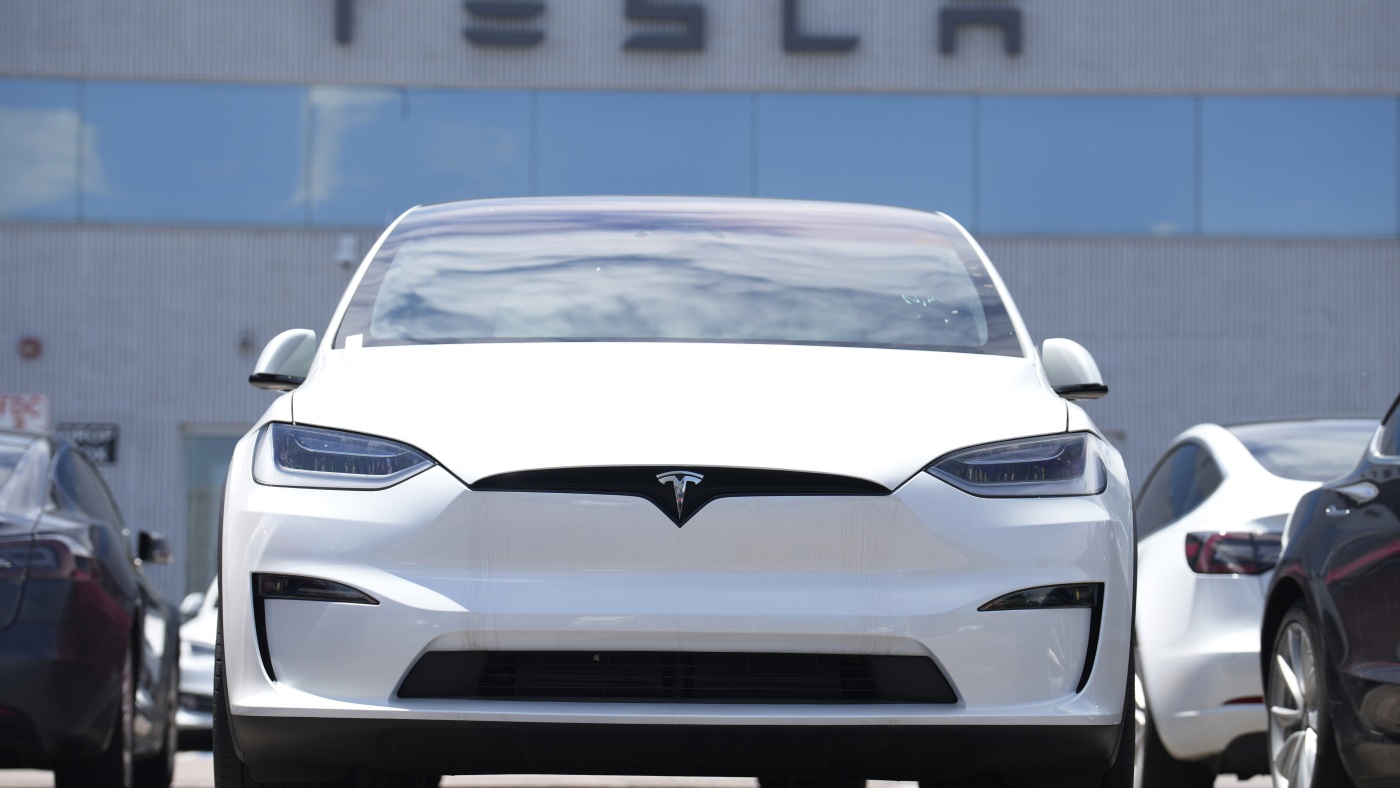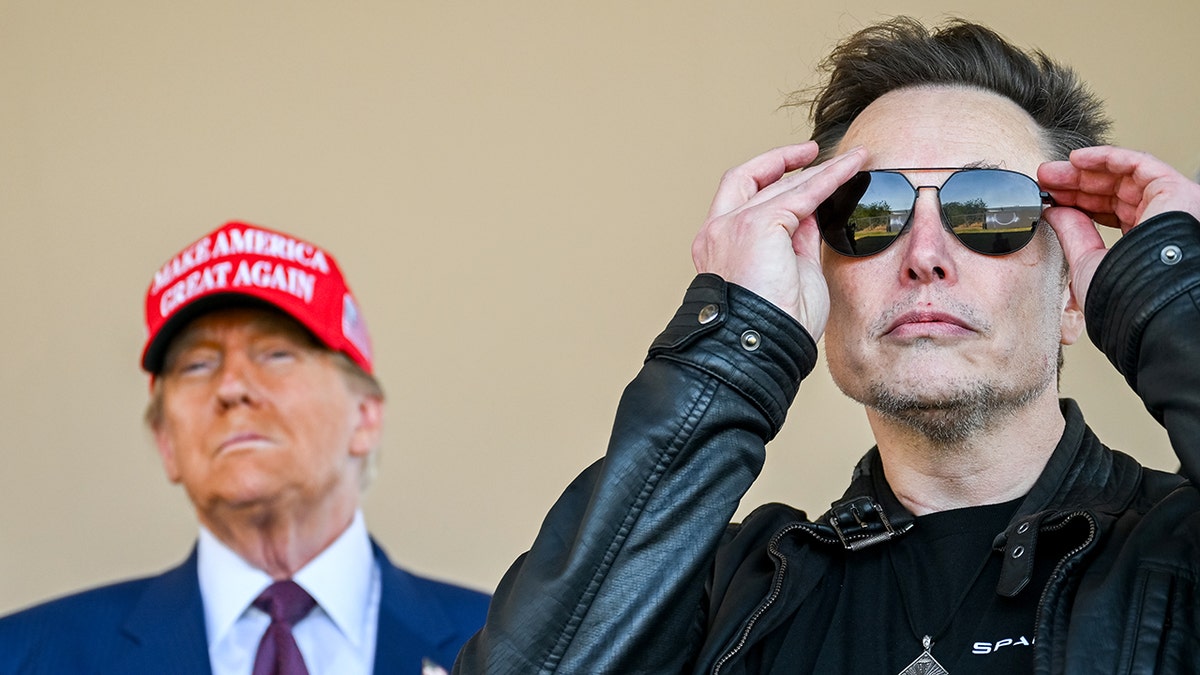Tesla Faces Rough Road Ahead: What to Expect
#tesla #elon musk #production delays #chip shortage #electric vehicles

Introduction
Tesla Inc. has faced its fair share of challenges in recent years, from production delays to concerns about the company's financial stability. But according to Elon Musk, the road ahead may be even rougher for the automaker. In a recent interview with Bloomberg, Musk warned of an upcoming 'rough' patch for Tesla after the company reported one of its worst quarters in over a decade. With this in mind, what can we expect to see from Tesla in the near future?
Key Details
One of the main factors contributing to Tesla's difficult quarter was the ongoing global chip shortage, which has caused production delays and increased costs for the company. Additionally, Tesla's sales in China have been affected by growing competition in the electric vehicle market, with domestic manufacturers offering lower-priced options. Furthermore, Musk's controversial tweets and behavior have also had a negative impact on the company's image and investor confidence.
Impact
The difficult quarter and Musk's warning have led to concerns among investors and stakeholders about Tesla's future. The company's stock price has dropped and there are questions about its ability to meet its ambitious goals, such as ramping up production and expanding into new markets. However, some experts believe that Tesla's strong brand and loyal customer base may help it weather this rough patch and come out stronger in the long run.
About the People Mentioned
Elon Musk
Elon Reeve Musk, born on June 28, 1971, in Pretoria, South Africa, is a prominent entrepreneur and business magnate known for founding and leading several transformative technology companies. He holds dual citizenship in Canada and the United States and earned bachelor's degrees in physics and economics from the University of Pennsylvania in 1997. Musk began his entrepreneurial career in the 1990s by co-founding Zip2, a software company, and later X.com, which evolved into PayPal, an online payment system acquired by eBay in 2002. In 2002, Musk founded SpaceX, a pioneering aerospace manufacturer and space transport services company, where he serves as CEO and chief engineer. SpaceX is notable for its advancements in reusable rocket technology and commercial spaceflight. In 2004, he joined Tesla Motors as an early investor and took on the roles of CEO and product architect in 2008, driving the company to the forefront of electric vehicle manufacturing. Musk also co-founded Neuralink in 2016, focusing on neurotechnology, and founded The Boring Company in 2017, which develops tunneling and infrastructure projects. In 2015, Musk co-founded OpenAI to promote artificial intelligence research but later left due to differences in vision, subsequently founding xAI. In 2022, he acquired the social media platform Twitter, rebranding it as X in 2023, and has been involved in various business and political activities, including a brief advisory role in the Trump administration's Department of Government Efficiency in early 2025. Musk is recognized as one of the wealthiest individuals globally, with an estimated net worth of $500 billion as of October 2025. His career is marked by significant influence across sectors including space exploration, electric vehicles, AI, social media, and infrastructure development, with ongoing legal and regulatory scrutiny related to his business practices and investments. He is also known for his complex personal life, including fathering 14 children[1][2][3].
About the Organizations Mentioned
Tesla Inc.
Tesla Inc., founded in 2003 by Martin Eberhard and Marc Tarpenning, is a pioneering company in the electric vehicle (EV) and renewable energy sectors. Initially known as Tesla Motors, the company changed its name to Tesla Inc. in 2017 to reflect its broader mission of accelerating the world's transition to sustainable energy. Headquartered in Austin, Texas, Tesla operates across three main business areas: **automotive**, **energy generation and storage**, and **services**. ### History and Key Achievements Tesla's journey began with the launch of the Tesla Roadster, the first production all-electric sports car. Under Elon Musk's leadership since 2008, the company has introduced several groundbreaking models, including the Model S, Model 3, Model Y, and the futuristic Cybertruck. Tesla has also expanded into energy solutions with products like the Powerwall and Megapack for residential and commercial battery storage. The company has achieved significant milestones, including surpassing a $1 trillion market capitalization, a feat accomplished in just over 18 years[1]. ### Current Status As of 2025, Tesla continues to innovate with new vehicle models and technologies. The automotive segment remains its largest revenue source, with over $77 billion in 2024, while energy generation and storage contribute significantly with over $10 billion in revenue[2]. Tesla operates in 37 countries and has a workforce of over 125,000 employees[1][3]. The company is known for its commitment to sustainability, having avoided 20.4 million metric tons of CO2e in 2023[3]. ### Notable Aspects Tesla is recognized for its leadership in electric vehicles, solar energy systems, and battery storage solutions. The company is also advancing automation and robotics in its manufacturing processes. Despite facing market challenges and shareholder scrutiny, Tesla remains a dominant player in the sustainable energy sector, continuously pushing the boundaries of innovation and technology[2].
Bloomberg
Bloomberg is a global financial, software, data, and media company renowned for its comprehensive business and technology news coverage and market data services. Founded in 1981 by Michael Bloomberg, the organization initially launched with the Bloomberg Terminal, an innovative computer system delivering real-time financial data, analytics, and trading tools to financial professionals. This product revolutionized how investors and institutions access and analyze market information, establishing Bloomberg as a critical player in the financial services industry. Over the decades, Bloomberg expanded beyond terminals to include Bloomberg News, Bloomberg Television, Bloomberg Radio, and a suite of digital platforms providing up-to-the-minute business news, analysis, and insights. The company is recognized for its authoritative reporting, in-depth market analysis, and extensive coverage of global economic trends, technology advancements, and geopolitical events. Its media division is a trusted source for professionals seeking real-time updates on financial markets and economic policy. Key achievements include pioneering the integration of financial data with news and analytics, helping democratize access to complex market information. Bloomberg’s terminal remains an industry standard, widely used by investment banks, hedge funds, and corporations worldwide. The company has also invested heavily in technology infrastructure, including AI and data analytics, driving innovation in financial intelligence and decision-making tools. Currently, Bloomberg continues to lead in delivering robust market data and insightful business news, adapting to evolving digital landscapes while maintaining its core mission. Its influence spans finance, media, and technology, making it a vital resource for investors, policymakers, and business leaders globally. Notably, Bloomberg's commitment to transparency, data accuracy, and technological innovation cements its reputation as a cornerstone of modern financial information services.















